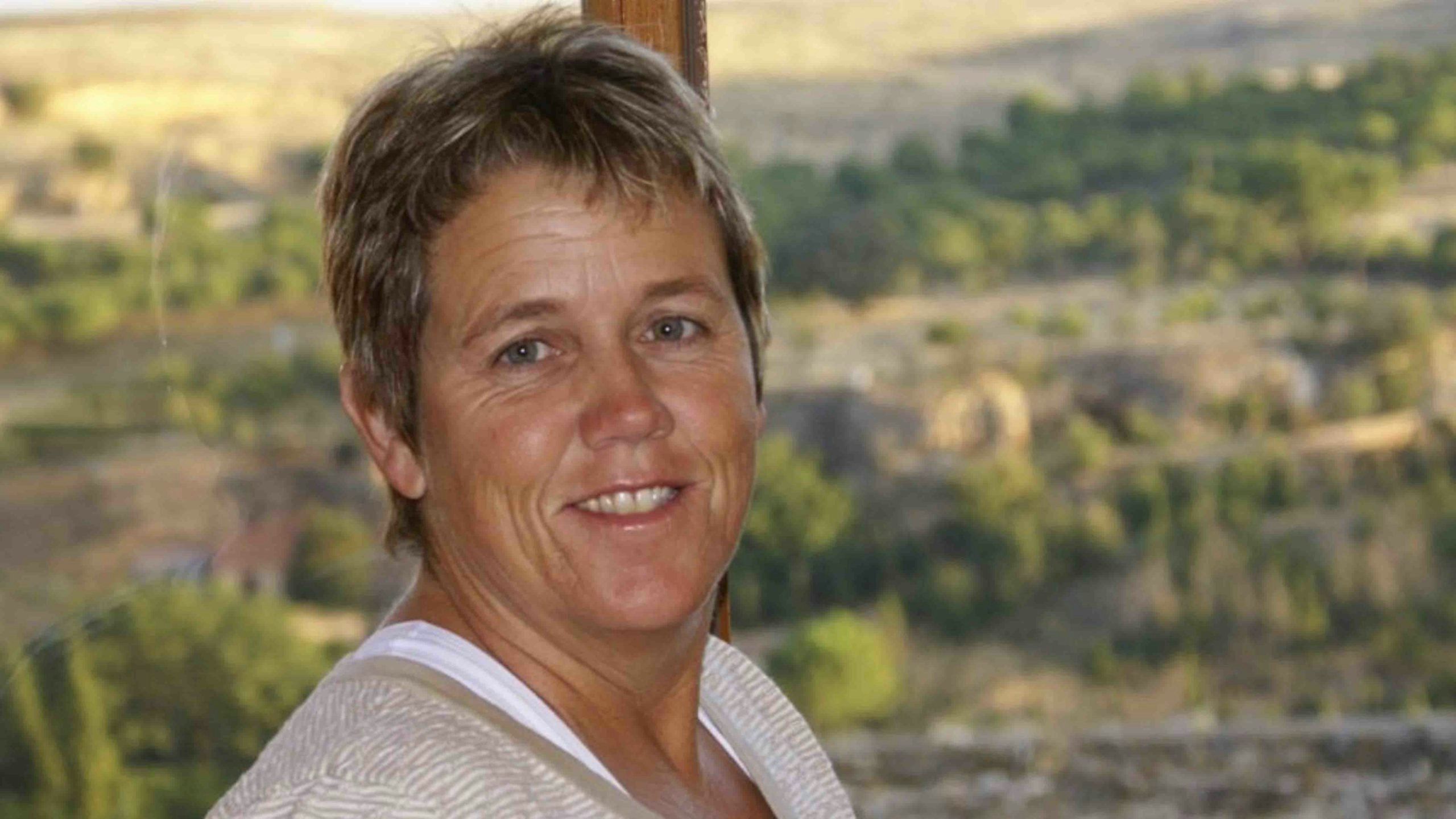In two separate actions last month, the environmental group WildEarth Guardians asserted claims that federal laws preempt state laws when it comes to state wildlife management.
The arguments weren’t focused on a special-status protected species, but over common species managed by state wildlife officials as game animals.
Montana’s Wolves
In a case filed in Montana’s First Judiciary District Court, the group challenges Montana’s wolf hunting and management plans, seeking to halt the state’s wolf hunt.
Not surprisingly, the group took issue with the number of wolves killed in Montana’s last hunting season that were known to inhabit Yellowstone National Park for part of year but were legally harvested outside the park.
In a novel legal filing in a state court last week, WildEarth Guardians claims that the federal Organic Act requires the National Park Service to “conserve the scenery, natural and historic objects, and wildlife” in the parks and to leave then “unimpaired for the enjoyment of future generations.”
“When wolves that occupy territory within the national parks are killed in accordance with state hunting laws because they travel outside park borders, the ecosystems of the national parks are directly and negatively impacted. Killing national park wolves, therefore, harms federal interests,” the group argued.
“Under conflict preemption principles, a state law that stands as an obstacle to or substantially interferes with the accomplishment and execution of the full purposes and objectives of a federal law’s regulatory objective is preempted, and thus void,” WildEarth alleged, stating that Montana’s wolf management program serves as an obstacle or substantially interferes with the Park Service Organic Act mandate.
Astoundingly, the lawsuit also claims that Montana’s wolf management structure “as applied, interfere with federal policy in the management and administration of Yellowstone National Park, Grand Teton National Park, and Glacier National Park and are thus preempted by the Organic Act.” {Yup, they threw Wyoming’s Grand Teton National Park into the case for good measure.}
In addition, the case argued that the United States Forest Service and Bureau of Land Management are required to manage lands under their jurisdiction in compliance with federal multiple-use and sustained yield laws, that Montana’s wolf management interferes with those mandates and thus should be declared as preempted by these federal laws.
Livestock-Carnivore Conflicts
In a second action last month, WildEarth Guardians filed a petition with the U.S. Forest Service requesting “a national framework for management of conflicts between livestock and native carnivores on national forest system lands.”
The petition requests “the issuance of a rule and policy guidance to modify the Forest Service’s public land grazing regulations and policies to require that the conflict avoidance measures included in this petition be incorporated into forest plans during the forest plan development, revision, and/or amendment processes, into Allotment Management Plans, and into grazing permits and leases as they are renewed or reauthorized.”
Asserting that federal land management agencies have an obligation (and not just the discretion) to manage and conserve wildlife on federal lands, WildEarth Guardians wrote, “The erroneous but persistent view among Forest Service land managers that federal agencies manage wildlife habitat and states manage wildlife impedes the rigor with which the Forest Service asserts its legal authority to meaningfully address carnivore-livestock conflicts. Land managers who adhere to this false narrative may shirk their legal duties to protect wildlife.”
The group wrote that it was seeking to “protect” native carnivores (meaning everything from bobcats and coyotes to wolves and bears) from Forest Service-authorized activities including livestock grazing.
Devising its petition as an attempt to create a framework for management of livestock-predator conflicts is somewhat deceptive, since what WildEarth Guardians is requesting would provide for the elimination of much livestock grazing on national forests.
To read the petition, you may not know that, since the group touts its request as simply requiring “conflict avoidance measures” be incorporated into the process (even though some of these requirements are already in place on federal grazing permits). But the specifics of the petition’s request include provisions that aren’t feasible for commercial livestock production, such as:
• “Implement appropriate seasonal restrictions based on site-specific consideration, such as reducing temporal overlap between grazing activities and high-risk periods for depredations (e.g., when wolves are rearing their offspring) ….”
• “Limit grazing to open defensible spaces and prohibit livestock from grazing unattended by human range riders in remote, heavily treed areas.”
• “In the event of depredation, require that livestock are moved to another unit or another allotment. If alternative grazing sites are unavailable, require livestock to be moved off the national forest for the duration of the grazing season.”
The reality is that restricting livestock grazing during the period when wolves are rearing their offspring would encompass the entire grazing season on national forests in Wyoming. Limiting grazing to “open defensible spaces” would eliminate much national forest grazing since allotments are not configured that way.
Removing the livestock if a depredation event occurs is a sure way to eliminate livestock grazing on national forests. But that’s what WildEarth Guardian actually seeks. It’s already called for an end to most domestic sheep grazing on public lands and says that livestock grazing is a threat to everything from sagebrush to carnivores. Now it’s urging federal officials to assert further authority over species traditionally managed by state wildlife agencies, stirring the pot of controversy further.
Cat Urbigkit is an author and rancher who lives on the range in Sublette County, Wyoming. Her column, Range Writing, appears weekly in Cowboy State Daily.





